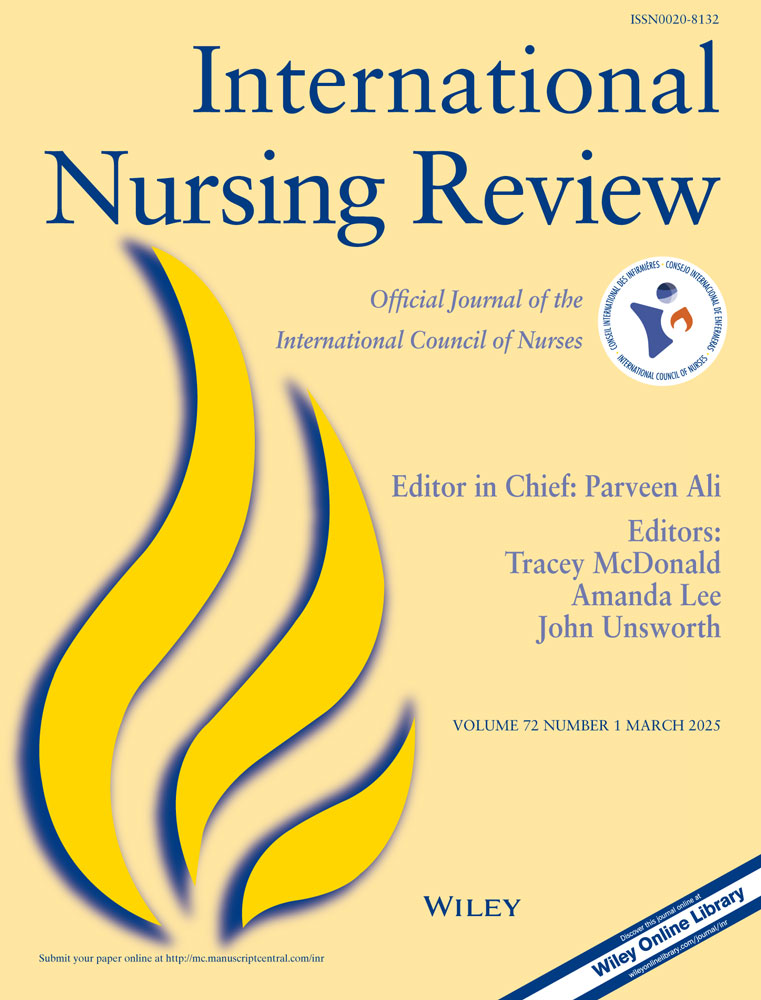Why nurses discontinue practice in hospitals? Insights from a qualitative study
Abstract
Aim
To explore why registered nurses in Italy choose to resign from their positions in hospitals.
Background
In recent years, the work environment within hospitals has worsened, with increasing rates of burnout, stress, depression, compassion fatigue, and even suicide among nurses. This has prompted many nurses to either leave their current positions or exit the profession entirely. Previous research has indicated that nurse turnover, especially in hospital settings, poses a significant challenge for society and global healthcare, with insufficient nurse staffing associated with negative patient outcomes.
Methods
The study used a descriptive phenomenology design, conducting 30 semi-structured interviews with nurses. The Consolidated Criteria for Reporting Qualitative Research have been followed in reporting the methods and findings.
Results
The average age of the participants was 32.8 years, the average length of hospital work experience was 5.7 years, and the majority of the participants were female (n = 22). Thematic analysis revealed two main themes: individual factors, encompassing “quality-of-life threats” and “personal drive and ambitions”, and organizational factors, including “unsustainable working conditions” and “lack of support from employers.”
Implication for health policy
There is an urgent need for an evidence-based approach to quality improvement to increase nurses' well-being in the workplace. Organizations aiming to retain nursing staff should prioritize strategies such as promoting work flexibility and addressing concerns related to work–life balance. Effective management engagement and implementation of flexible working arrangements are essential, along with the promotion of organizational values aligned with professionalism to combat negative perceptions of the nursing profession.
CONFLICT OF INTEREST STATEMENT
The authors declare that there is no conflict of interest regarding the publication of this paper.
Open Research
DATA AVAILABILITY STATEMENT
The interview data used in this study are available in the Italian language upon reasonable request from the corresponding author.




